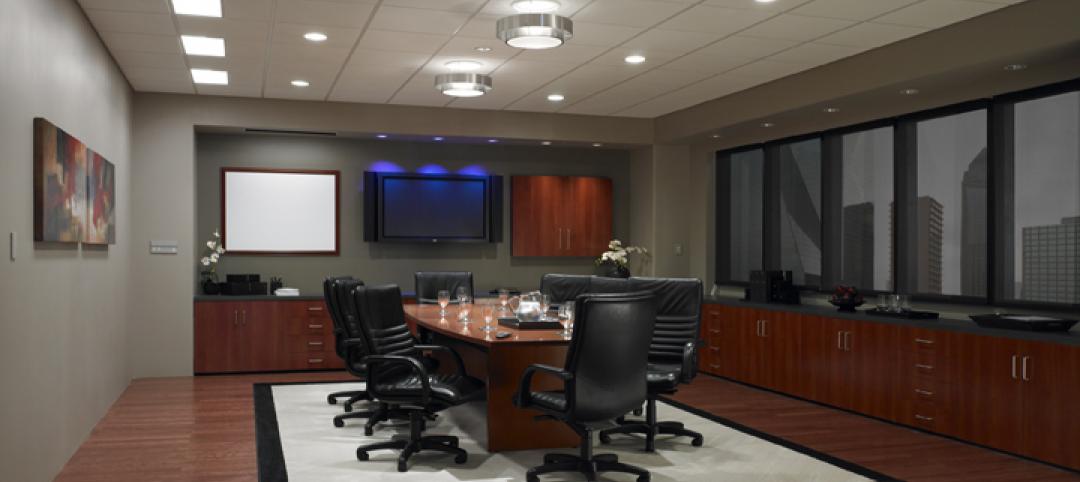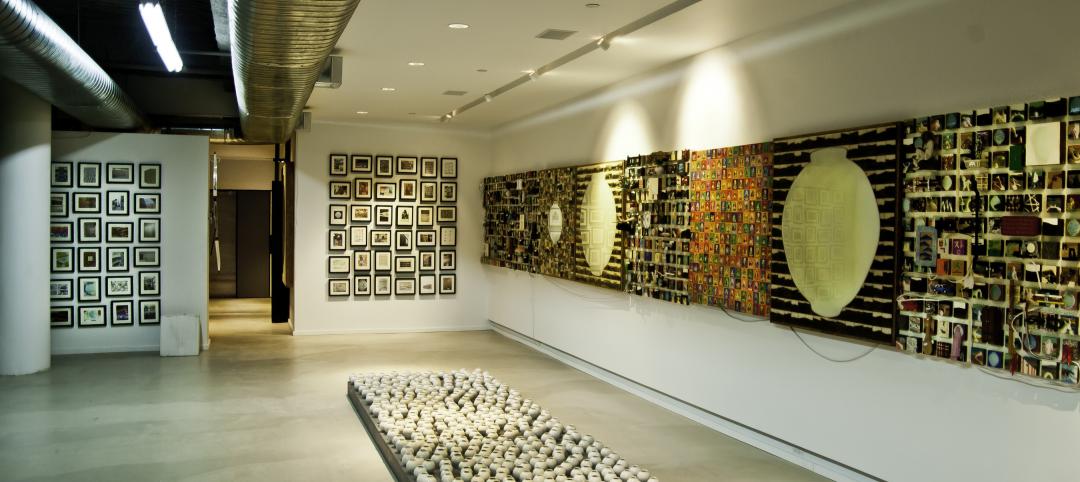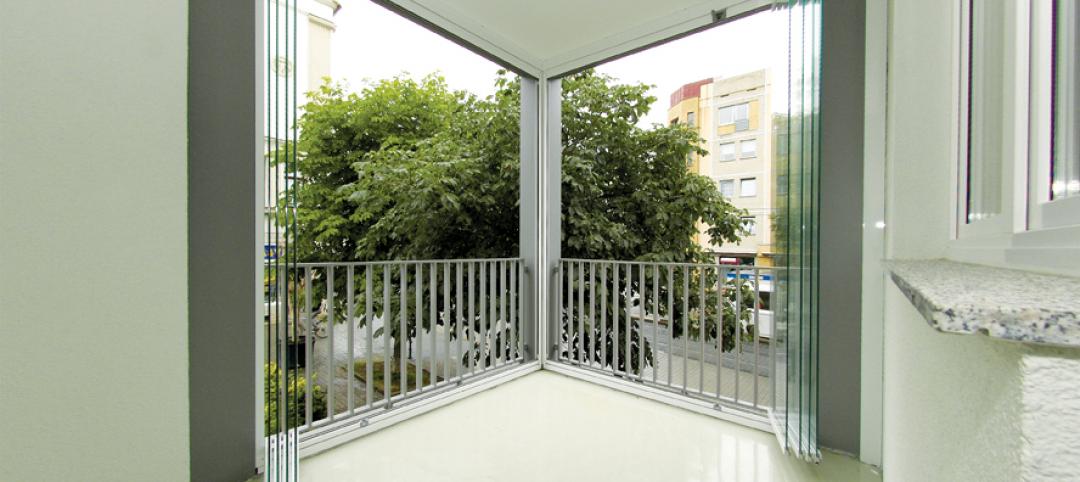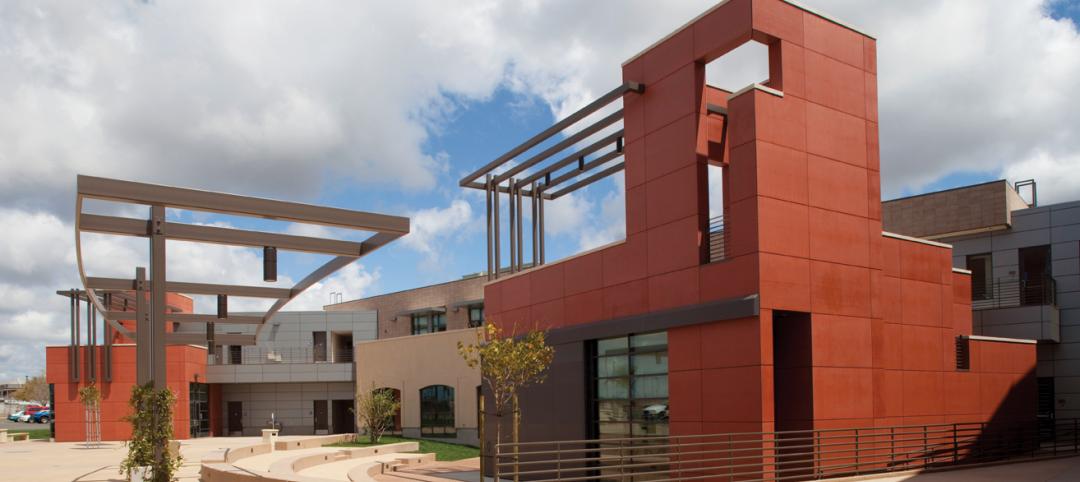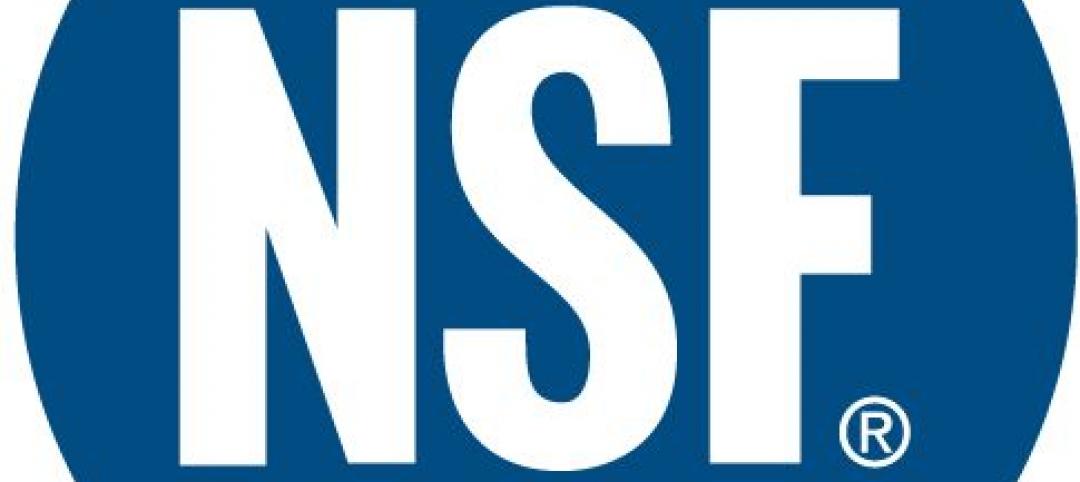For the past five years, Google has been running its own Healthy Materials program, which evaluates products for their potential health risks to employees.
That program worked fine when Google was just renting space and only had to worry about things like off gassing from furniture or paint. But when the search engine giant got into ground-up construction, “we were running into a lot of commodities” whose content wasn’t always transparent, says Drew Wenzel, Google’s campus design technical specialist. Consequently, the company wasn’t getting answers about products fast enough to make informed design, construction, and cost decisions.
“We tried to do this ourselves on one big project, and then asked ourselves if there was a better way,” says Wenzel.
That better way, he believes, is the Quartz Project, a year-long collaborative effort that Google entered into with Healthy Building Network, think step (a sustainable software provider), and Flux. Quartz Project is providing what it touts to be the AEC industry’s first free and open-source initiative that brings health and environmental information on 100 building products into a single database.
“Too many design decisions are still being made without the benefit of this information,” Drew tells BD+C. This database, he explains, allows designers and engineers to incorporate the data into existing analytical and design tools.
The Quartz Project launched its database at the VERGE 2015 conference in late October. Since then, “there’s been a lot of excitement in the AEC community” about the product, says Vivian Dien, a product manager for Flux and its Quartz Project Lead. The collaborative will be giving demos of its portal at Greenbuild in Washington D.C. next week.
This database offers product profiles for 100 commonly used building materials, from acoustical ceiling panels to XPS insulation. The information for each product includes its general composition, impurities, health profile (the product’s various health risks as a percentage of its total content weight), and environmental profile (such as Cradle-to-gate LCA results, end-of-life treatment, and so forth).
Dien says Healthy Building Network did an extensive scan of existing research and information to assemble this database. HBN was also charged with vetting the information.
The main value of this database, say Dien and Wenzel, is aggregating and standardizing product data into an open-source environment. They are quick to note, though, that the Quartz Project has avoided assigning specific health risks to individual products. “The risk portion needs to be carefully thought out,” says Wenzel. “We hope that software engineers will look at this database to develop tools that can integrate this information into a Revit model to have conversations early in the design process.”
They also see this database as a “benchmark,” which can be used to understand a product’s health baseline and to track improvements.
The Quartz Project is the industry’s latest effort to bring greater transparency to product content. Other prominent groups in this arena include the Health Product Declaration Collaborative, an open-standard format for reporting material content and potential health hazards; and The Cradle-to-Cradle Institute, with its five levels of certification for products as they travel a path to meet the organization’s criteria for material health, reutilization, renewable energy and carbon management, water stewardship, and social fairness.
Wenzel views those other sources as “predominantly” for products “that are unique or highly controlled.” Whereas the primary purpose of the Quartz Project’s database, he says, is as “an early-phase design tool.”
Related Stories
| Dec 14, 2011
Tyler Junior College and Sika Sarnafil team up to save energy
Tyler Junior College wanted a roofing system that wouldn’t need any attention for a long time.
| Dec 13, 2011
Lutron’s Commercial Experience Center awarded LEED Gold
LEED certification of the Lutron facility was based on a number of green design and construction features that positively impact the project itself and the broader community. These features include: optimization of energy performance through the use of lighting power, lighting controls and HVAC, plus the use of daylight.
| Dec 12, 2011
AIA Chicago announces Skidmore, Owings & Merrill as 2011 Firm of the Year
SOM has been a leader in the research and development of specialized technologies, new processes and innovative ideas, many of which have had a palpable and lasting impact on the design profession and the physical environment.
| Dec 12, 2011
Mojo Stumer takes top honors at AIA Long Island Design Awards
Firm's TriBeCa Loft wins "Archi" for interior design.
| Dec 10, 2011
10 Great Solutions
The editors of Building Design+Construction present 10 “Great Solutions” that highlight innovative technology and products that can be used to address some of the many problems Building Teams face in their day-to-day work. Readers are encouraged to submit entries for Great Solutions; if we use yours, you’ll receive a $25 gift certificate. Look for more Great Solutions in 2012 at: www.bdcnetwork.com/greatsolutions/2012.
| Dec 10, 2011
Energy performance starts at the building envelope
Rainscreen system installed at the west building expansion of the University of Arizona’s Meinel Optical Sciences Center in Tucson, with its folded glass wall and copper-paneled, breathable cladding over precast concrete.
| Dec 10, 2011
Turning Balconies Outside In
Operable glass balcony glazing systems provide solution to increase usable space in residential and commercial structures.
| Dec 10, 2011
BIM tools to make your project easier to manage
Two innovations—program manager Gafcon’s SharePoint360 project management platform and a new BIM “wall creator” add-on developed by ClarkDietrich Building Systems for use with the Revit BIM platform and construction consultant—show how fabricators and owner’s reps are stepping in to fill the gaps between construction and design that can typically be exposed by working with a 3D model.
| Dec 7, 2011
NSF International qualifies first wallcoverings distributor to the New American National Standard for Sustainable Wallcoverings
TRI-KES demonstrates leadership in environmental stewardship as the first distributor to earn qualification.
| Dec 7, 2011
Autodesk agrees to acquire Horizontal Systems
Acquisition extends and accelerates cloud-based BIM solutions for collaboration, data, and lifecycle management.




